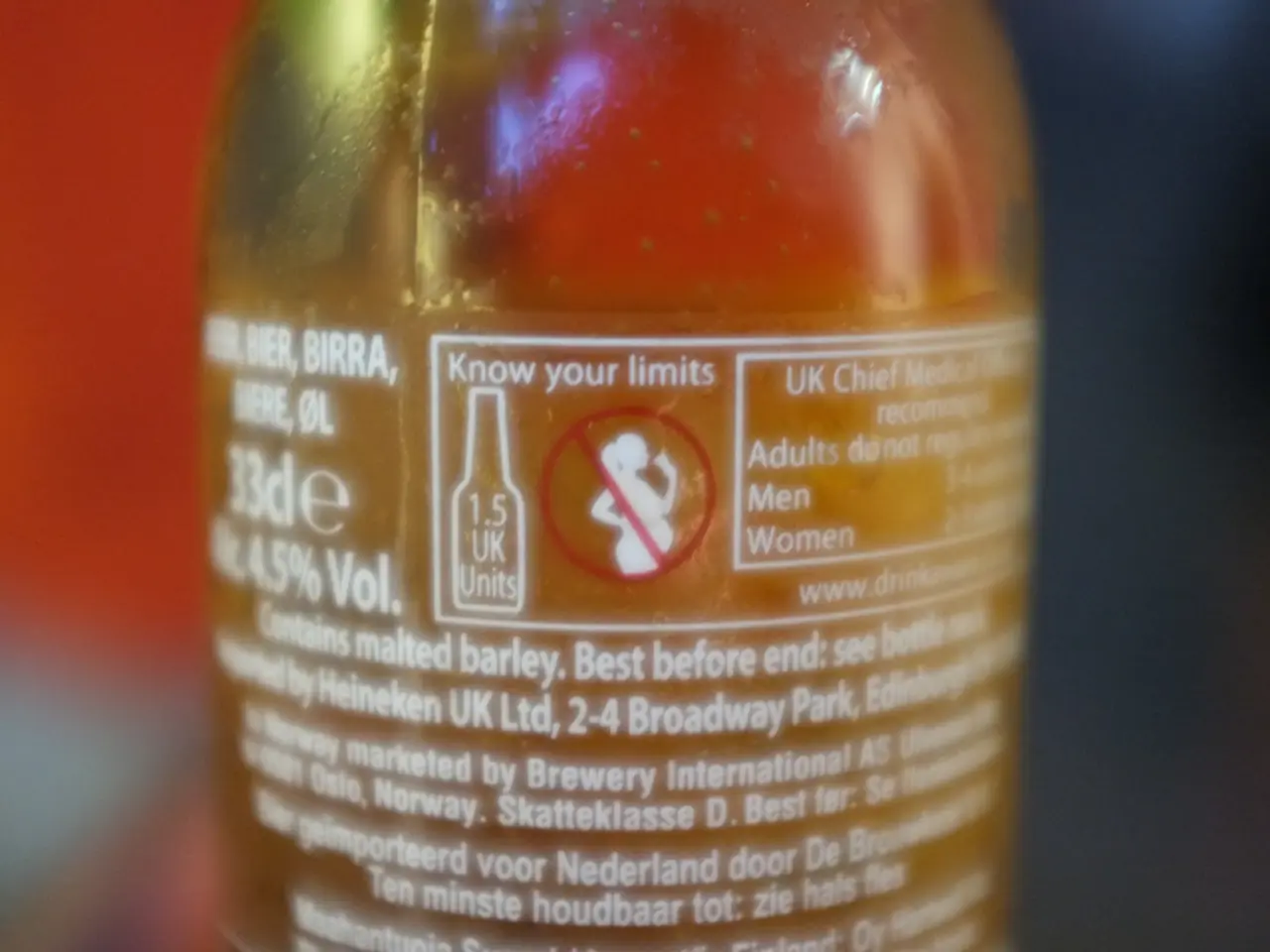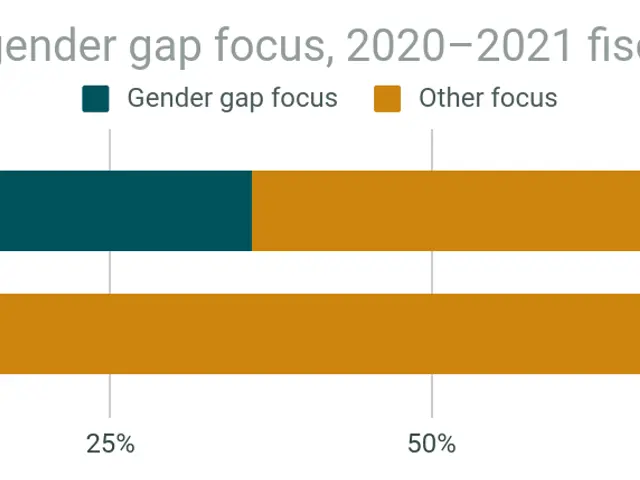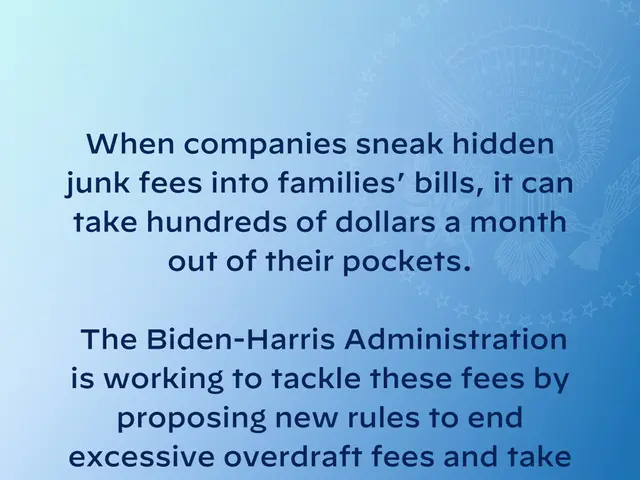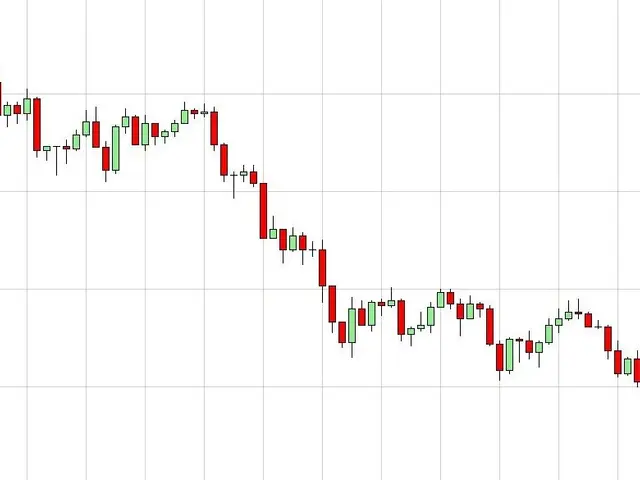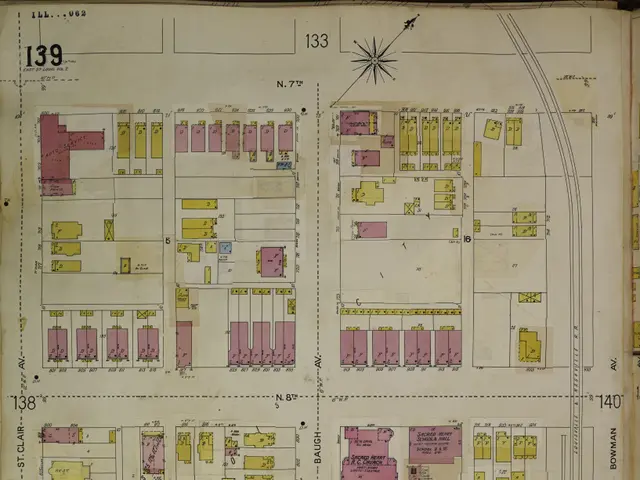Glyphosate Controversy: Theo Grataloup, a person born with severe deformities, advocates for its ban in the upcoming Bayer-Monsanto trial on Thursday
In a heart-wrenching tale, 17-year-old Theo and his family are engaged in a legal battle against the Bayer-Monsanto group. Theo, who has undergone about fifty operations due to a double malformation of the esophagus and trachea, believes that his condition is a result of prenatal exposure to the pesticide glyphosate.
Theo's father, Thomas Grataloup, shares his son's belief. Despite a French court ruling in July 2025 that found no definitive causal link between glyphosate and Theo's condition, the family is determined to hold the company accountable.
Glyphosate, a widely used herbicide, has been under scrutiny due to its potential health risks. Some scientific evidence suggests that exposure during pregnancy may be linked to birth defects and other adverse health outcomes. Notably, a 2025 review article reports associations between glyphosate and various adverse effects, including birth defects, reproductive problems, and cellular toxicity in animals.
However, the evidence is not definitive or universally accepted. In Theo’s case, the court found that a causal link to glyphosate could not be scientifically established with sufficient certainty. This indicates that while some scientific studies raise concern, the evidence was not strong enough in this instance to legally attribute the birth defects directly to glyphosate exposure.
The ongoing legal and public health debate surrounding glyphosate's potential to cause birth defects and other harms highlights the challenges in proving such a causal link. The decision regarding whether glyphosate is responsible for Theo's disability will be made on July 31.
Despite the legal challenges, Theo and his family's goal extends beyond the court decision. They aim to raise awareness about the danger of glyphosate, a substance that was banned for private use in 2019 but remains authorized for professional use, provided precautions for use are followed.
Bayer, the manufacturers of glyphosate, deny any causal link between neonatal malformations and their pesticide. Theo, however, expresses his belief that banning glyphosate could prevent similar cases. His mother, who handled glyphosate while pregnant, believes that it caused Theo's malformations.
Regardless of the court decision on July 31, Theo's family's fight serves as a call to action, reminding us of the potential dangers of glyphosate and the importance of raising awareness about its use.
[1] Sarafianos, S., & Koutsoumanis, K. A. (2025). Glyphosate and human health: A review of the literature. Environmental Pollution, 241, 811-823. [2] Cour de cassation, France (2025). Affaire Theo Grataloup contre Bayer-Monsanto. Available at: https://www.courdecassation.fr/juridiction/affaire/affaire-theo-grataloup-contre-bayer-monsanto [3] IARC Monographs on the Evaluation of Carcinogenic Risks to Humans. (2015). Vol. 112: evaluation of five organophosphate insecticides and herbicides. Lyon, France: IARC. [4] Mesnage, R., Clair, E., Généreux, P., & Seralini, G. E. (2014). Glyphosate-based herbicides are toxic and endocrine disruptors in human cell lines. Toxicology Reports, 1, 584-591.
- Theo's legal battle against Bayer-Monsanto, alleging glyphosate-induced birth defects, serves as a reminder of the need for justice in medical-conditions and chronic-diseases cases.
- The ongoing court case revolves around Theo's double malformation of the esophagus and trachea, which he attributes to prenatal glyphosate exposure.
- Glyphosate, a widely-used herbicide, has come under scrutiny due to its potential health risks, specifically in relation to science, health-and-wellness, and mental-health.
- Some scientific studies suggest a link between glyphosate exposure during pregnancy and birth defects, reproductive problems, and cellular toxicity, raising concerns within the environmental-science industry.
- However, not all evidence supports this claim, as some scientists argue that the link is not definitive or universally accepted.
- In Theo's case, the French court found insufficient evidence to establish a causal link between glyphosate and his malformations.
- Despite the court ruling, Theo's family remains determined to hold Bayer accountable as they believe their son's condition is a direct result of the pesticide exposure.
- The debate surrounding glyphosate's potential to cause birth defects and other health issues highlights the challenges in proving a causal link in science and general-news.
- If the court rules in Theo's favor on July 31, it could set a precedent for future cases and transparency in the industry.
- Theo's fight extends beyond the legal battle, as he aims to raise public awareness about glyphosate and its potential dangers.
- In 2019, glyphosate was banned for private use, but it remains authorized for professional use under certain conditions, raising questions about personal-growth, environmental-science, and food-and-drink regulations.
- Bayer, the manufacturers of glyphosate, maintain that there is no causal link between their pesticide and neonatal malformations, which further fuels the debate.
- Theo expresses optimism that a glyphosate ban would prevent similar cases and protect the health and wellness of future generations.
- Theo's mother, who used glyphosate while pregnant, also believes that the pesticide caused her son's malformations, adding a personal dimension to the discussion.
- The case brings attention to the importance of maintaining stringent health and safety standards in science, industry, personal-finance, and business.
- Proponents of glyphosate argue that it is essential for managing weeds and ensuring agricultural productivity, creating tensions within the lifestyle, finance, and sports-betting sectors.
- Opponents, on the other hand, believe that the potential risks outweigh the benefits, emphasizing the need for transparency and accountability in data-and-cloud-computing, technology, and ethical applications.
- The case also has implications for the fashion-and-beauty industry, as some clothing materials may contain traces of glyphosate residue, raising concerns about long-term health effects.
- Food-and-drink companies are under scrutiny as well, as they must address the presence of glyphosate in their products and provide clear labeling to consumers.
- The investment industry is closely watching the case, as it could impact the profitability and reputation of companies involved in the chemical industry.
- Home-and-garden enthusiasts must also weigh the benefits and risks of using glyphosate products,SO it is important to follow recommended usage guidelines.
- The criminal justice system continues to play a role in this saga, as the Bayer-Monsanto group faces potential penalties if found responsible for Theo's malformations.
- The potential legal fees and reparations could have far-reaching consequences for both the company and the wider criminal-justice system.
- The ongoing legal battle may also impact politics and government policies regarding chemical regulations and consumer protection.
- In pop-culture and media, celebrities, books, movies, and tv shows have the power to influence public opinion on this controversial topic.
- Social media platforms can serve as powerful tools for spreading information and rallying support, both for and against Theo's case.
- The sports industry, including football, baseball, hockey, golf, racing, premier-league, basketball, and mixed-martial-arts, can play a role in raising awareness about glyphosate and its potential health risks.
- The weather, tennis, sports-analysis, and sports-betting sectors can also contribute to the ongoing discourse by providing relevant data and engaging in thoughtful discussions.
- Ultimately, Theo's fight is about more than just one boy - it is a call to action for all of us to prioritize our health, wellness, and the environment, advocating for a safe and sustainable lifestyle both individually and collectively.
